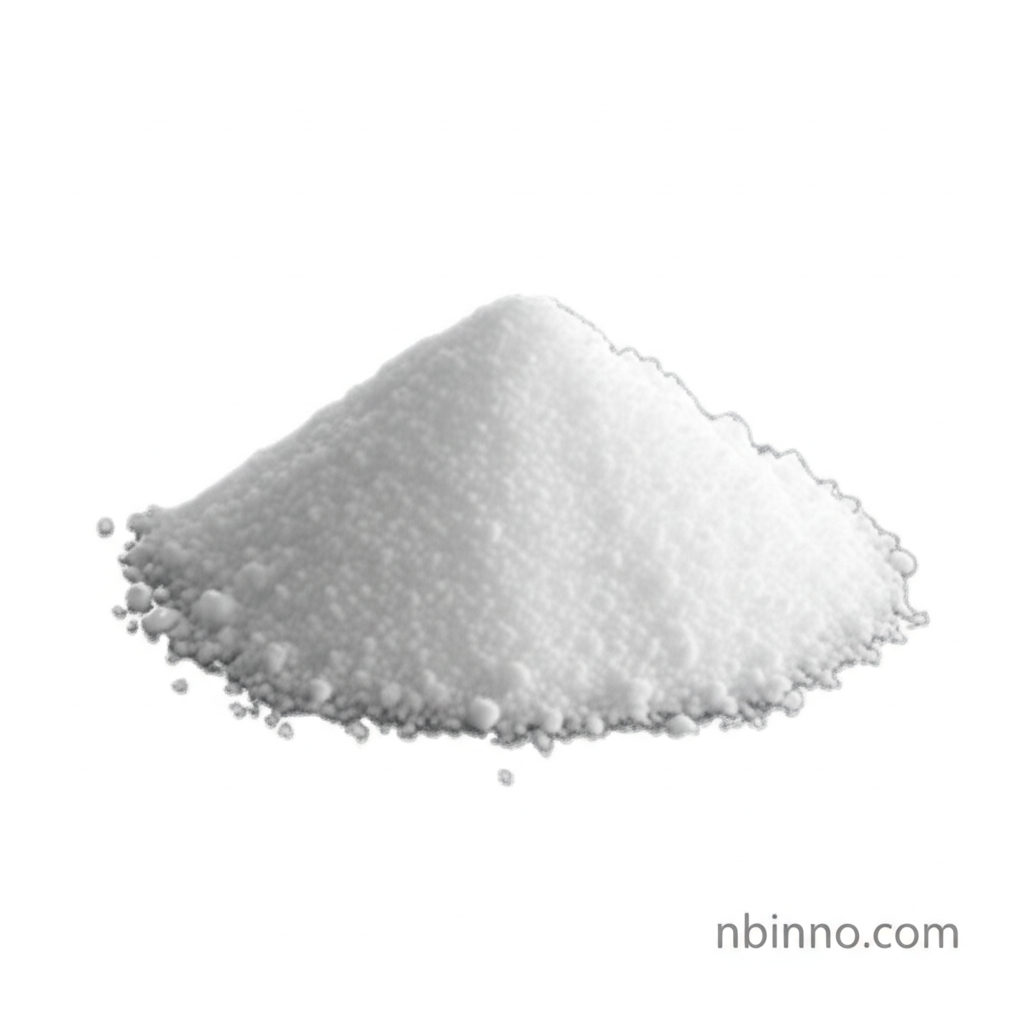2-Deoxy-D-Glucose: A Comprehensive Look at its Anticancer Properties and Metabolic Impact
Explore the groundbreaking research on 2-DG's role in cancer therapy and its potential in fighting viral infections.
Get a Quote & SampleProduct Core Value

2-Deoxy-D-Glucose
2-Deoxy-D-Glucose (2-DG) is a glucose analog that significantly impacts cellular metabolism, showing promise in both cancer treatment and antiviral applications. Its primary mechanism involves interfering with glycolysis and inducing cell death, particularly in rapidly proliferating cells like cancer cells and virus-infected cells.
- Inhibits glucose metabolism: 2-DG acts as a competitive inhibitor, disrupting key enzymes in the glycolytic pathway, leading to reduced ATP production. This makes it a promising agent for anticancer activity.
- Induces apoptosis in cancer cells: Research demonstrates that 2-DG can trigger programmed cell death in various cancer cell lines, contributing to its efficacy in cancer cell apoptosis induction.
- Blocks tumor cell growth: Studies have shown that 2-DG can effectively inhibit tumor cell proliferation, making it a key compound in cancer therapy.
- Enhances mitochondrial respiration: While inhibiting glycolysis, 2-DG has also been observed to upregulate mitochondrial function, potentially compensating for energy deficits and offering a dual approach to energy metabolism.
Key Advantages
Metabolic Reprogramming
2-DG's ability to reprogram cellular metabolism by inhibiting glycolysis and affecting glucose transporter expression is crucial for its therapeutic effects.
Antiviral Potential
The compound's mechanism of viral replication inhibition is being explored for its potential in treating viral infections, including its recent evaluation for COVID-19.
Therapeutic Versatility
Its dual action of inhibiting glycolysis and potentially enhancing mitochondrial function positions it as a versatile agent in metabolic research and therapeutic development.
Key Applications
Anticancer Therapy
2-DG is investigated for its ability to inhibit tumor growth and induce apoptosis, especially in hypoxia cancer treatment scenarios.
Antiviral Agent
The compound shows promise in inhibiting viral replication, making it a candidate for developing new antiviral strategies.
Metabolic Research
As a known glucose metabolism inhibitor, 2-DG is valuable for studying cellular energy pathways and their role in various diseases.
COVID-19 Treatment Adjunct
Early research and clinical trials suggest 2-DG may aid in faster recovery and reduce oxygen dependence in COVID-19 patients.
